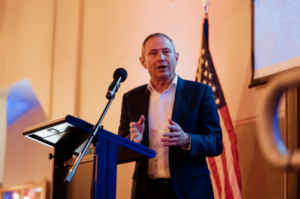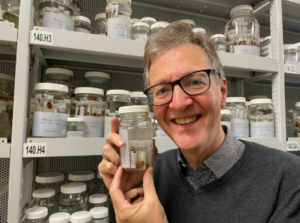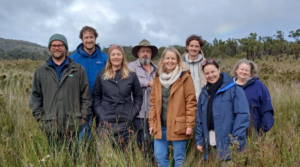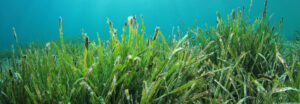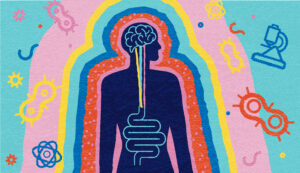Psychologist Dr Tracy Westerman paints a heartbreaking picture of the factors that can lead Indigenous people to take their lives.
“The causes are mainly trauma related,” she says.
“Immediate triggers are often interpersonal conflict and the lack of self-soothing capacity, common in those impacted by trauma.
“Attachment loss is the core of it all, with Aboriginal people historically being forcibly removed from their parents.”
Racism accounts for around 30% of depression among Indigenous people, Tracy says.
This contributes to a sense of hopelessness and helplessness.
It’s a sentiment echoed by Beyond Blue, which highlights widespread grief and loss, trauma and racial discrimination amongst the risk factors for Indigenous people.
“Alcohol and drugs are frequently used as a coping mechanism, perpetuating the cycle,” Tracy says.
“The pattern is clear—it’s highly impulsive, unlike non-Indigenous suicide where there’s a build-up of depression.”
A NATIONAL DISGRACE
Suicide rates among Indigenous people in WA have been labelled a national disgrace.
Tracy believes the solution is evidence-based intervention programs in the highest-risk communities.
But she says it isn’t happening.
“It is frustrating given areas such as the Kimberley are at highest risk yet lack evidence-based programs that deliver a monitored and measurable reduction in suicide risk”
“This must occur, in both intervention and prevention programs, to stem the intergenerational flow of suicides,” she says.
Despite the challenges, Tracy—a proud Njamal woman and world leader in Indigenous mental health—is in the business of change.

She even personally donated funds for a scholarship launched in October 2018 to support Indigenous students to study psychology at Curtin University.
The founder of Indigenous Psychological Services and 2018 Australian of the Year (WA) tells Particle she is an eternal optimist.
BELIEVING IN THE POSSIBILITY OF CHANGE
Alongside her research into risk factors, Tracy is interested in what protects Indigenous people from self-harm.
She wants to know about the kid from the Kimberley who isn’t at risk of suicide.
“There are lots of communities that don’t have suicides—individuals who are exposed to risk but do not go on to develop suicidal behaviours,” Tracy says.
Tracy says optimism significantly reduces depression.
She believes too much pessimism from people who think the problem is too hard to solve, as well as focus on risk factors alone, provides less opportunity for prevention.
COMMUNITY COLLECTIVISM
Tracy believes in getting risk and protective factors right, then training whole communities to respond accordingly.
She says most programs focus on the upskilling of service providers, who are often not there in high-risk times.
“Our programs focus on three groups—service providers, psycho-educational approaches with community such as elders and parents and targeted intervention with at-risk youth,” Tracy says.
“The skills then exist across the community, who can respond to immediate risk but, ultimately, address intergenerational risk.”
Tracy says Aboriginal culture is, by its nature, a collective one.
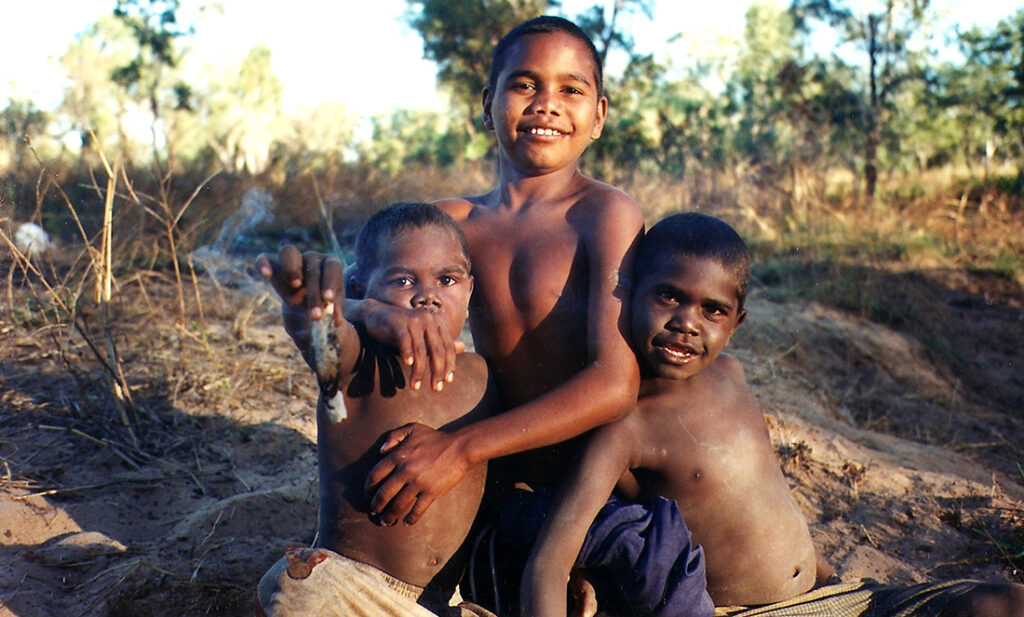
“We are raised to think in terms of group rather than self... That’s a strength that Aboriginal culture has that people don’t talk about"
“You teach skills, and these skills make an immediate difference to whole communities.
“It’s an incredible thing to see.”
PASSION TO DO BETTER
Tracy has trained more than 25,000 clinicians over her career.
“I see very dedicated Indigenous and non-Indigenous clinicians, but the ‘science’ has let them down,” she says.
Tracy’s company has funded the development of unique mental health tests for Indigenous people.
She says she’s been overwhelmed by the response, with many saying the training helped them to save an Aboriginal person’s life.
“It simply doesn’t get any better than that,” Tracy says.



